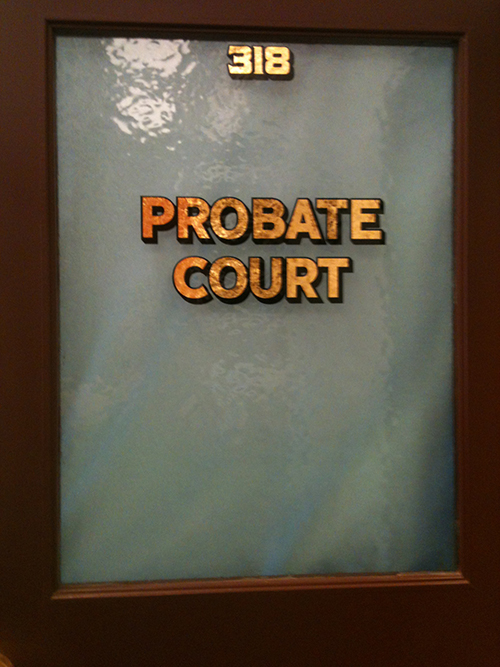The internet often seems to be full of misinformation regarding the probate process. Even a cursory google search of probate leads to an overwhelming amount of articles beguiling the probate process. While there is no denying that probate is a process, we are lucky in Virginia that we have a more direct approach to probate.
When you have lost someone near to you and you are seeking to transfer their assets that need the courts to be involved in the transfer (think real estate, solely owned assets, assets that are not in a trust or do not have a beneficiary listed on a pay on death (POD) or transfer on death (TOD) form to name a few), you may need to open probate (if there is a will) or administration (if there is no will). The proper party to start probate would be the person named in the will to be the Executor. The Executor is the person that will be in charge of getting the assets to where they need to go.
To start the process, the Executor will need to:
- request death certificates;
- locate the original will (If there is a lost will situation, there maybe steps that can be taken in court);
- start a list of your loved ones assets; and
- start a list of your loved ones heirs at law. (Virginia Code Section 64.2-200). The court is going to need to know their “heirs at law” – very generally – the people that would inherit if there was no will. This is usually their spouse, children and/or grandchildren if their children had predeceased them. Along with their names, the court will need their age, address and telephone number.
Once you have this information, you can contact the probate division of the Circuit Court (if you have questions over which county, you can learn more here from our past article) to set up a probate meeting. The most common way to make the request is to fax or email a cover letter with the death certificate and the will to the court and request a probate meeting.
When the clerk of court has reviewed the documents, they will contact you to set up the meeting and ask you a list of questions. This is when they will ask about the assets and the heirs at law. Some courts will ask you to complete a cover sheet with the information prior to the meeting.
What happens next will depend on the size of the estate and largely depends on the terms of the will itself. They may also ask for additional documents and fees. For example, if the will is not a “self proving” will, they will ask about the witnesses and discuss steps with you as to what you will need to move forward. If the will does not waive bond, then they will talk to you about needing a bondsman with you at the meeting.
If you have lost a loved one and are seeking help getting started, or going through, the probate process in Virginia, or if you are considering putting a will or a trust in place and have questions as to how to make the process simple, reach out to one of our estate attorneys at (804) 423-1382 or info@wmmlegal.com. We would like to help.
